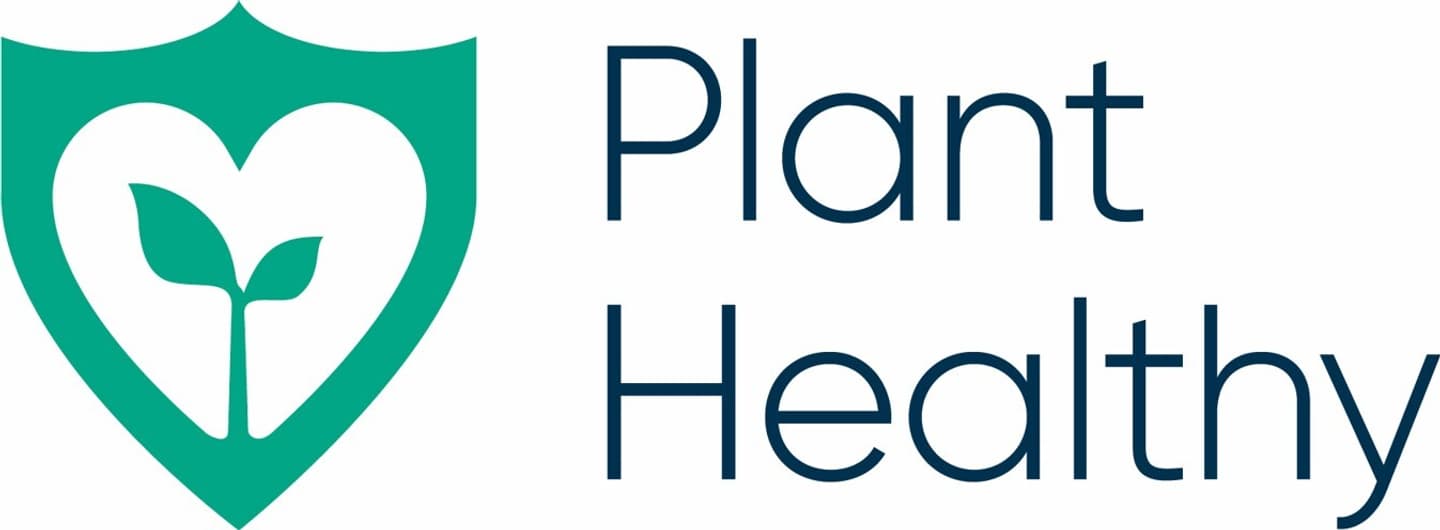Guides
Plant Health Policy
Chew Valley Trees follows best practice guidelines when it comes to plant health and biosecurity. The nursery is accredited by Plant Healthy, recognising the policies and procedures we have in place. We are committed to combatting the introduction and spread of plant diseases and work to protect biosecurity through:
- Appropriate risk assessment
- On-site monitoring and control of pests and disease, including external inspections
- Supplying British grown plants wherever possible
- Adherence to importation regulation
At the nursery
Our horticulturally skilled staff are all aware of the major pests and diseases that can affect trees and shrubs. Many pests and diseases are not serious - for example we expect a few caterpillars to nibble at leaves as part of a healthy ecosystem. Some, on the other hand, can be devastating (e.g. oak processionary moth). We are vigilant for any sign of problems, taking appropriate action when necessary.
Inspection and Auditing
We are inspected four times a year by the Plant Health Authority, who are fastidious in testing any material suspected of harbouring major pests or diseases.
Plant Healthy auditors visit the nursery annually to ensure we have the appropriate policies in place to maintain our accreditation in this voluntary scheme.
Plant passports
We are proud to say that more than 98% of our stock is produced in this country from start to finish, posing no risk of importing pests and diseases not already present on our shores. Some in the industry would like to see a total ban on bringing in trees from the continent, saying this is the only way to prevent the introduction of damaging invaders.
With the small number of trees we do import, our policy is to follow strict plant passporting guidelines and inspection schedules, only moving plants that are pest and disease free, from zones certified as free from serious threats.
Plant passports are unique codes given to consignments of plants, allowing them to be traced from source, through to their movements between trading nurseries. In December 2019, the plant passport requirement was extended to all plants being moved in the EU (however seeds are generally exempt).
What happens if a problem is found?
If a plant health authority finds a problem (here or abroad), trees are not permitted to be moved from that nursery. The nursery holding the trees is monitored and the likely source of entry is traced. Meanwhile, the level of risk is determined, which may initiate tree surveys in the surrounding area, and investigations into any trees that have left the nursery. These measures are part of a suite of actions intended to contain and prevent spread.
If we find a suspected problem at the Chew Valley Trees nursery, the affected batch of trees/shrubs is isolated/quarantined on site, pending further inspection. Further action is taken is the problem is confirmed as serious, including destruction of the batch and communication with appropriate parties as required to prevent spread.
Our commitment
It would be contrary to our success and good reputation to risk tree health in the UK. That's why we are committed to monitoring our stock, strictly complying with all relevant legislation, and training our staff to recognise signs of pests and disease. We are proud to say that our policies and procedures are of a high standard, confirmed by the Plant Healthy scheme.
We will continue to ensure that the partner nurseries we work with are upholding these standards, too, so that our valued customers can be confident in the excellent quality and health of all our trees.
